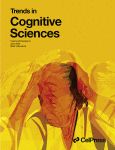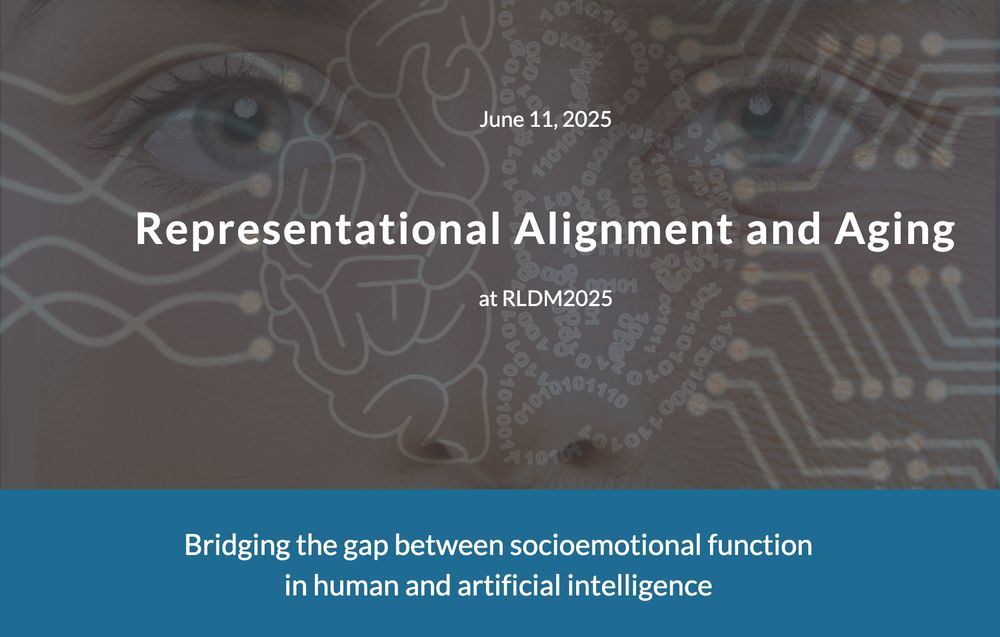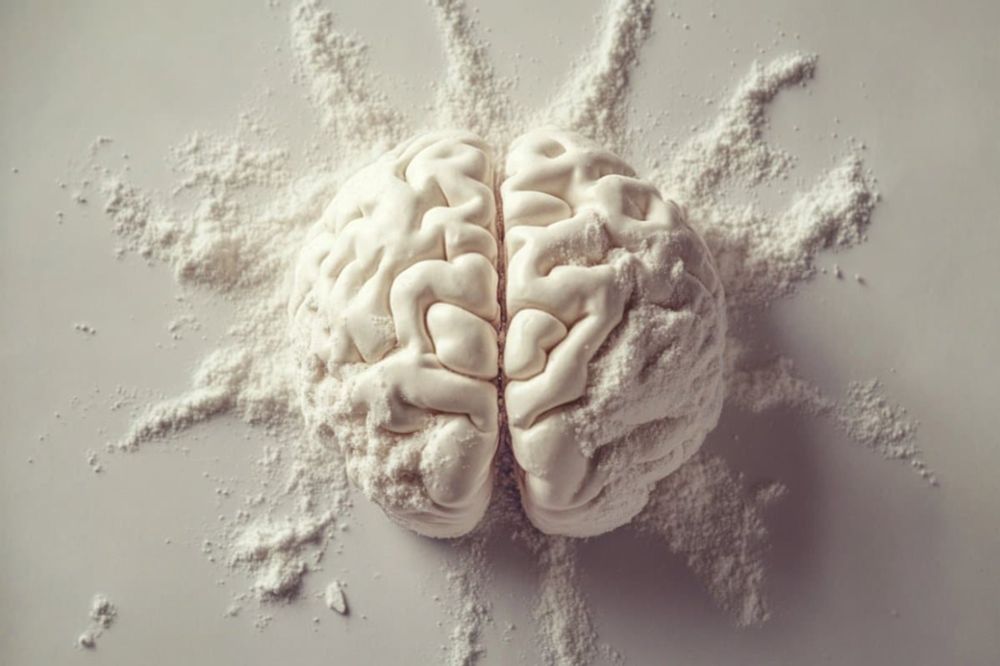Alex Hess (he/him)
@alexjhess.bsky.social
450 followers
690 following
15 posts
doctoral student 👨🎓 in Computational Psychiatry at ETH Zurich | passionate about sports 🚴♂️🏒🏓🏋️🏂, food 🌮, causal inference ➡️⬅️, Bayesian stats 📊, and the brain 🧠
Posts
Media
Videos
Starter Packs
Pinned
Alex Hess (he/him)
@alexjhess.bsky.social
· Dec 23

Refining the Allostatic Self-Efficacy Theory of Fatigue and Depression Using Causal Inference
Allostatic self-efficacy (ASE) represents a computational theory of fatigue and depression. In brief, it postulates that (i) fatigue is a feeling state triggered by a metacognitive diagnosis of loss o...
doi.org
Reposted by Alex Hess (he/him)
Reposted by Alex Hess (he/him)
Reposted by Alex Hess (he/him)
Reposted by Alex Hess (he/him)
Reposted by Alex Hess (he/him)
Reposted by Alex Hess (he/him)
Reposted by Alex Hess (he/him)
Alex Hess (he/him)
@alexjhess.bsky.social
· Mar 25
Alex Hess (he/him)
@alexjhess.bsky.social
· Mar 25
Reposted by Alex Hess (he/him)
Konrad Kording
@kordinglab.bsky.social
· Jan 21
Reposted by Alex Hess (he/him)
Alex Hess (he/him)
@alexjhess.bsky.social
· Dec 23
Alex Hess (he/him)
@alexjhess.bsky.social
· Dec 23
Alex Hess (he/him)
@alexjhess.bsky.social
· Dec 23
Alex Hess (he/him)
@alexjhess.bsky.social
· Dec 23
Alex Hess (he/him)
@alexjhess.bsky.social
· Dec 23
Alex Hess (he/him)
@alexjhess.bsky.social
· Dec 23
Alex Hess (he/him)
@alexjhess.bsky.social
· Dec 23

Frontiers | Allostatic Self-efficacy: A Metacognitive Theory of Dyshomeostasis-Induced Fatigue and Depression
This paper outlines a hierarchical Bayesian framework for interoception, homeostatic/allostatic control, and meta-cognition that connects fatigue and depress...
doi.org
Alex Hess (he/him)
@alexjhess.bsky.social
· Dec 23
Alex Hess (he/him)
@alexjhess.bsky.social
· Dec 23

Refining the Allostatic Self-Efficacy Theory of Fatigue and Depression Using Causal Inference
Allostatic self-efficacy (ASE) represents a computational theory of fatigue and depression. In brief, it postulates that (i) fatigue is a feeling state triggered by a metacognitive diagnosis of loss o...
doi.org





![[Editorial: Introducing the Journal of Robustness Reports]](https://cdn.bsky.app/img/feed_thumbnail/plain/did:plc:4bdpxswsa5p65ni7dd2f7f5y/bafkreia6p2iuq3bb4q2v5bsemv4wuw6q43635ppvcv7t2cfx7pqr74alxu@jpeg)


